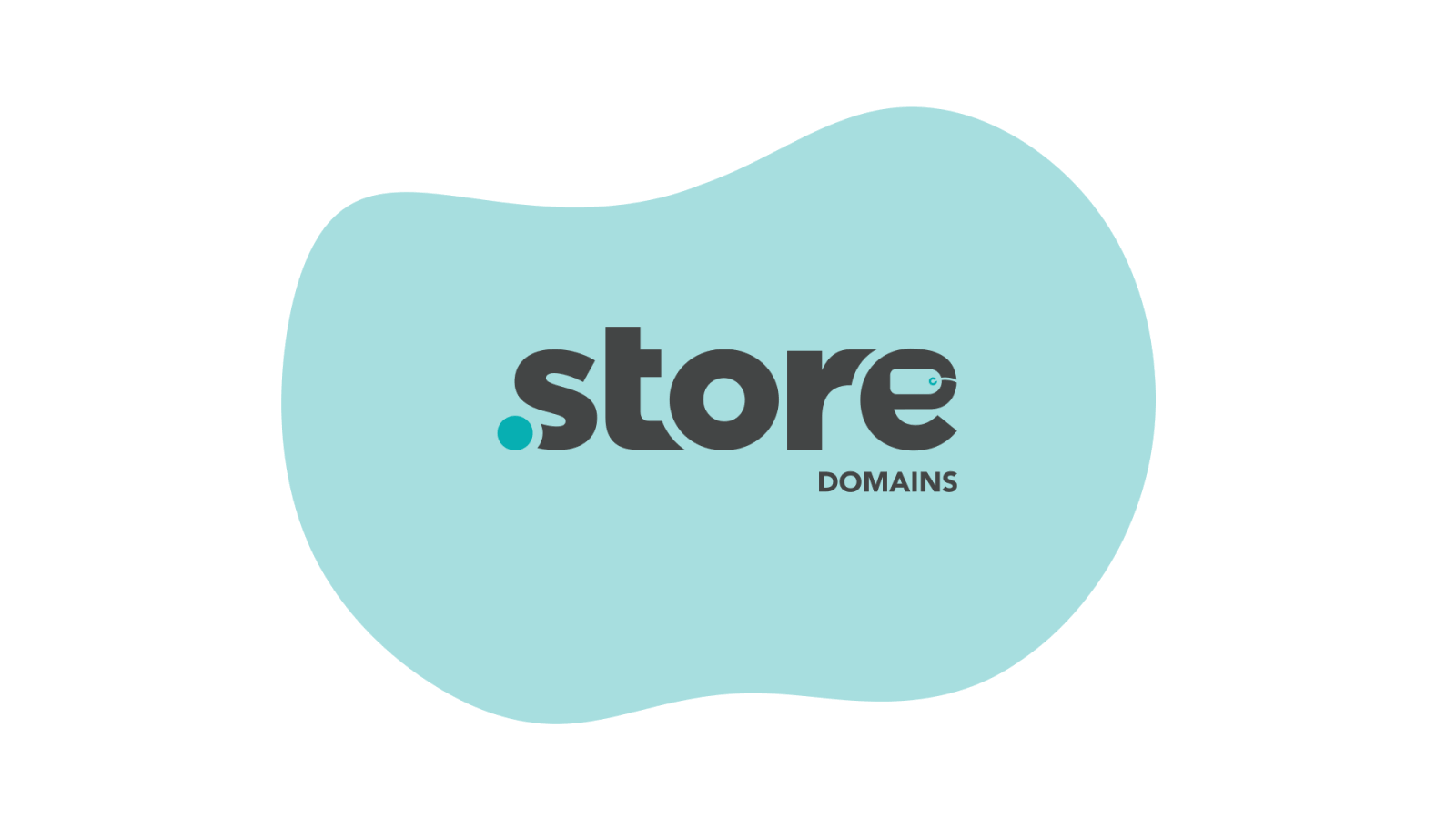As an eCommerce store owner, one of your biggest concerns is conversions. And to get conversions your website needs to rank on the first page of Google for the right search queries.

There are thousands of retail brands out there vying for customer attention in the same way as you. In this post, we will help you understand a lesser-known, albeit significant, aspect of your website that greatly influences your store’s conversions. Let’s talk about deep-linking and its relevance in eCommerce SEO.
You might wonder why ‘deep-links’ is important in the context of conversions. Before we delve into that, let’s understand what deep-links are.
A deep-link is essentially a web link that takes you to a specific content piece or product on the Internet. While every website has one homepage, it can have multiple deep-links that lead to specific items available on that website. For example, https://www.amazon.com is Amazon’s homepage while https://www.amazon.com/Kindle-eBooks/b?ie=UTF8&node=154606011 is a deep-link to the Kindle eBooks store on Amazon.
Deep-links help internet users bypass unimportant information and go directly to the page that is relevant to them.
Why Do Deep Links Matter In eCommerce SEO?
- Deep links help to build page authority – If you’ve created a great piece of content such as a blog post or an ebook, the more links you can get to that specific page from high-quality websites, the higher it will rank on search results.
- Deep links enhance the user experience – If your user is consuming content on another website and clicks on a link, they want to be taken to the most relevant information based on what they expect. If this link takes them to your home page, and they don’t immediately find the information that they need, they’ll most likely bounce.
- Deep links improve long-tail phrase rankings – Long-tail keywords include at least three to four words. They are usually quite specific in nature. While they may not get as much traffic as short-tail keywords, they tend to have a higher conversion rate when the content matches the keyword search.
How Can Deep Links Improve Conversions For Your Online Store?
Imagine an ad by Amazon for an eBook that has recently hit the shelf. You click on the ad only to land on Amazon’s home page, instead of the deep-link to that eBook. As a result, you might abandon the page and Amazon would lose the conversion that you could have been. On the other hand, a deep-link would have resulted in a likely purchase by you – a win-win for both, you and Amazon.
It is because of this significance attached to deep-linked pages that eCommerce players have rolled out affiliate programs to drive traffic specific pages from third-party websites. Thus, pages that are more important for conversion, i.e., if they have revenue plug-ins or opt-in information, should be promoted with their deep links.
Clearly, it is ideal for such pages to be optimized for search engines too. Unfortunately, it is difficult to increase SEO rankings for a product page. Firstly, a product page does not have enough content to make a significant impact on SEO.
Secondly, backlinks, which are important for SEO, are usually received for the homepage and not particular product pages. Nevertheless, there are other ways in which you can overcome this challenge with deep-linking for your eCommerce store.
How To Leverage Deep Links For Higher Conversions?
Here are a few marketing activities you can initiate to leverage deep-links for maximizing conversions.
Affiliate Marketing
This form of marketing helps you drive traffic to your website on a profit sharing basis with your ‘affiliates’. An affiliate would simply put deep-links to your products on their website. Every time a conversion takes place through the affiliate’s channel, they earn a pre-decided commission percentage on the product sold. Check out Amazon’s affiliate program here.
Product Reviews
Engage with influencers in specific categories and get them to review a product you want to push for sales. The reviewer can put the product name as the anchor text, and hyperlink it to the ‘product detail page’.
Direct Domains
One of the biggest reasons why most people end up giving a backlink to the home page, rather than the product detail page, is because the deep-links are long and awkward. They are unpronounceable and look repulsively complicated too. A deep-link for Amazon’s Kindle store looks like this:
Even if someone decided to give this a backlink, there’s a high chance of making a mistake in copy-pasting such a long link and if the link is broken, it is rendered useless. Instead, you can choose a neat domain name for this deep-link, making it easier to promote, backlink and remember. For instance:
There you have a memorable and pronounceable deep-link with minimal chances of making a mistake. Such a link makes your product detail page shareable.
Offers and Discounts
An effective way to plan your discounts and offers is to keep them category specific or at the product level. Instead of announcing ‘25% off on everything’, make it ‘25% off on hoodies’. That way, you don’t drive traffic to a temporary landing page for site-wide discounts but a permanent category page that stays forever. This will overtime increase the search rankings of that page. Bear in mind that more permanent the link, the better it is for SEO.
Mobile Commerce
As more and more people switch to mobiles for online shopping, deep-linking within the app is equally important to drive traffic to product detail pages instead of the app home page. For example, an ad for a pair of shoes, when clicked upon, can take a new user to an ‘app download’ page. Once the app is downloaded, the user directly sees the ‘shoes page’ on the app instead of the home page.
Content Marketing
Create meaningful content about your industry or product categories. It could be a blogpost, an infographic or a video. Backlink relevant words to corresponding product pages so that users can land on them as they consume your content. While you can do this on your own blog, don’t shy away from requesting to guest-blog on other websites that might be of interest to your target group.
There you have it – six easy and actionable ways to begin utilizing deep-links for your online store.
One last but super important point – keep monitoring your deep-links to ensure that none of them are broken. A broken link not only blocks conversions but the experience of getting an error page after clicking a broken link may deter potential customers from coming back to your site.
With these techniques, you can ensure that you create a great user experience for your customers by saving them time and landing them to the most relevant pages. With a sustained effort, your product detail pages will tend to rank higher in search engine marketing, thus leading to higher conversions.
This article was originally published on VTEX.






